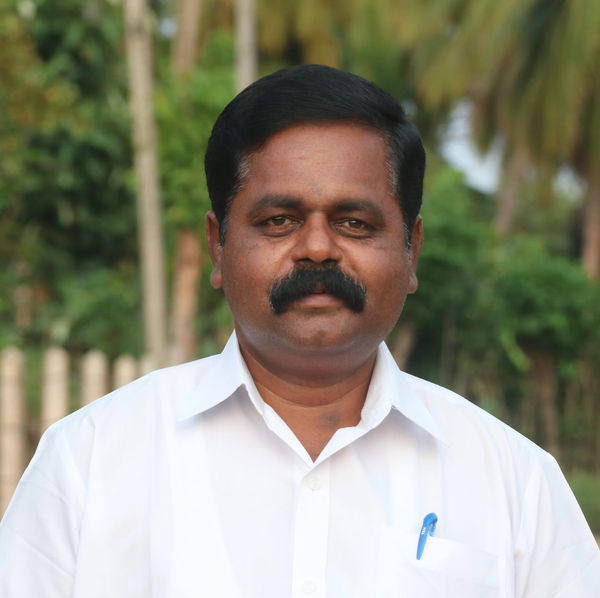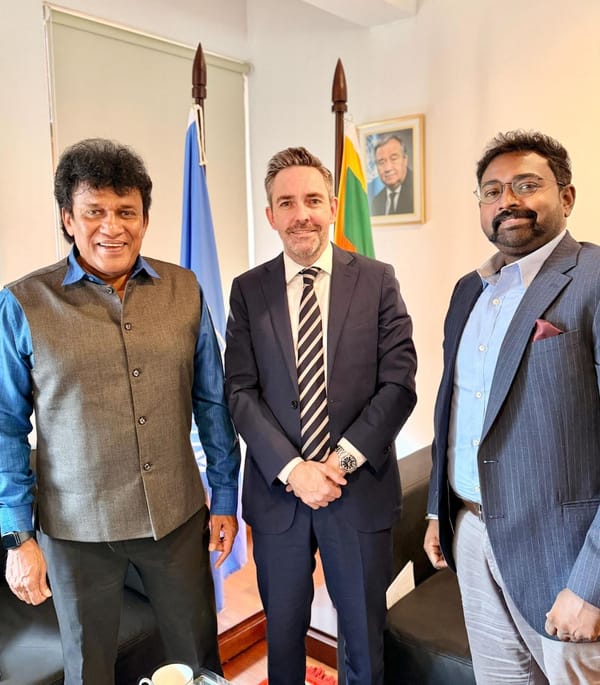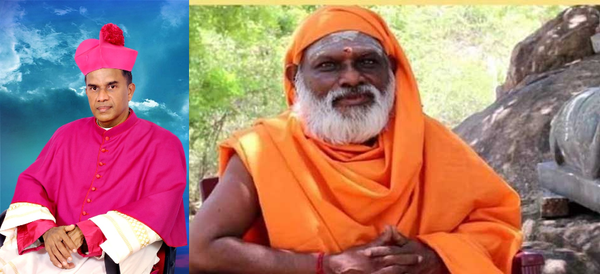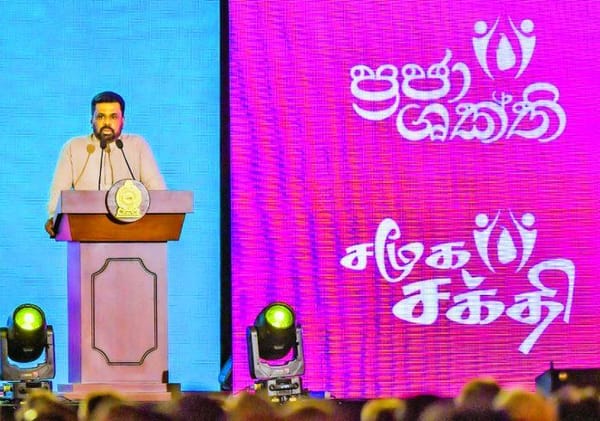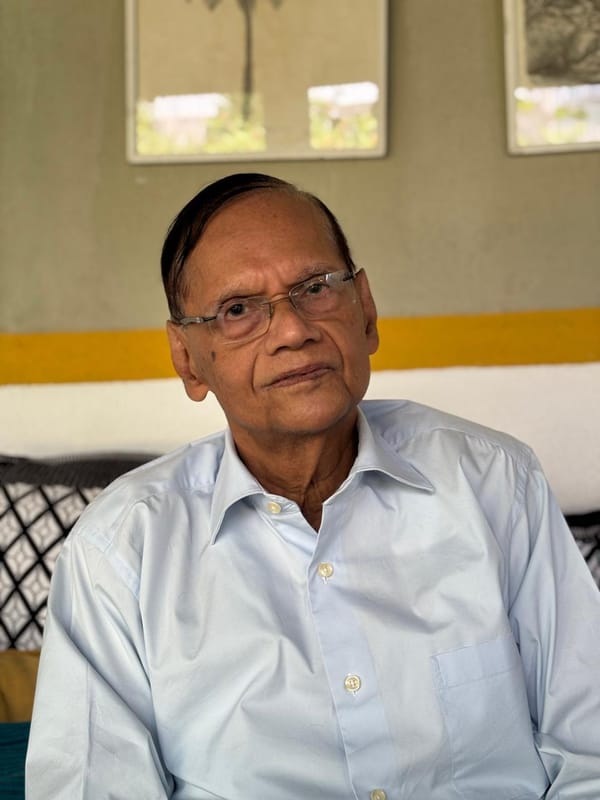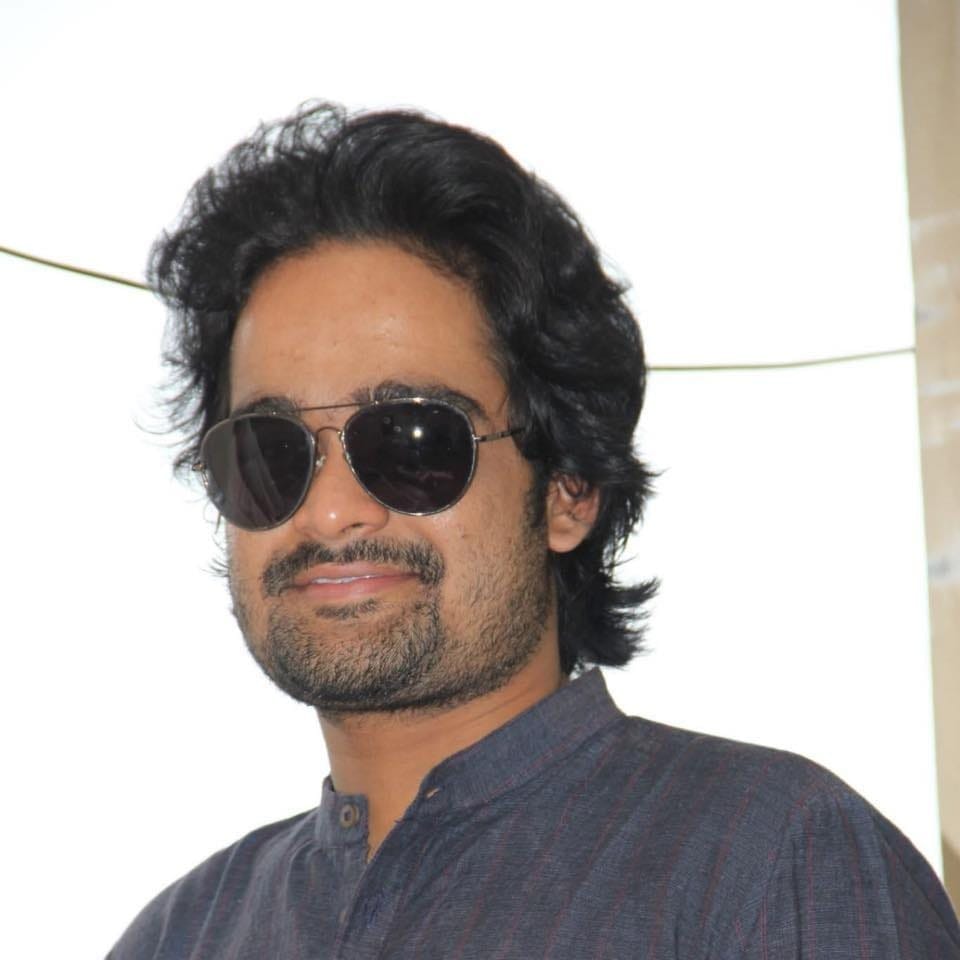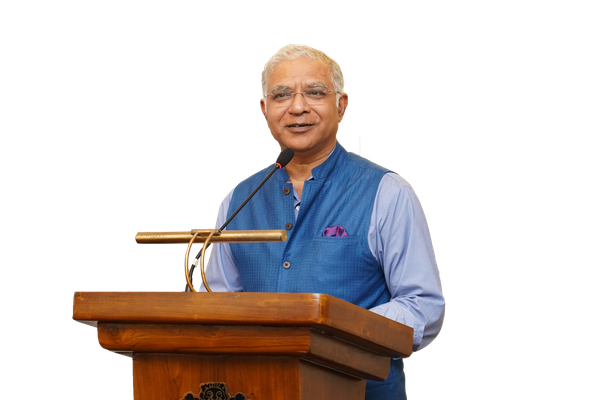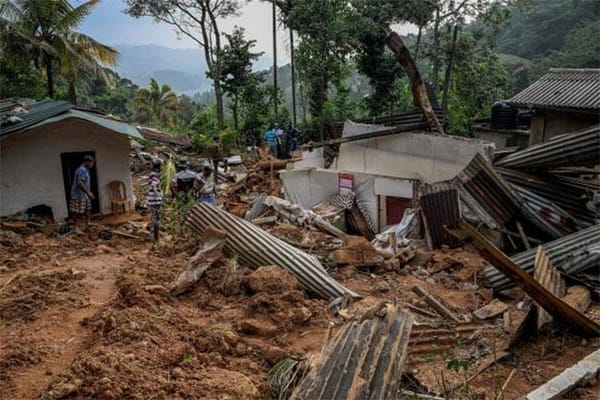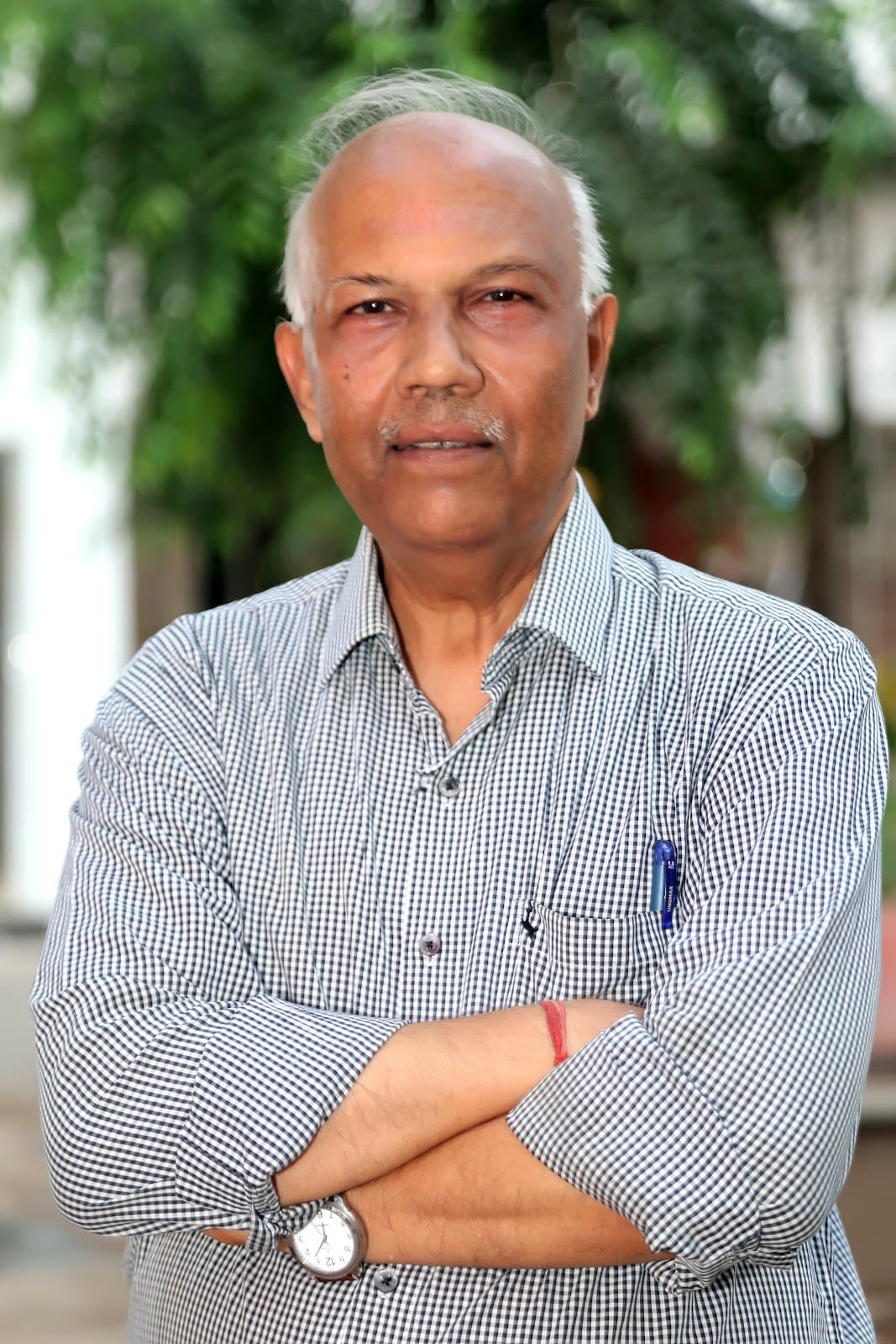Sixteen years after Sri Lanka’s civil war officially ended, the people of Valikamam North remain barred from returning to their ancestral lands. The issue reverberated in Parliament this week when Ilankai Tamil Arasu Kachchi (ITAK) president-elect and Jaffna–Kilinochchi MP Sivagnanam Shritharan demanded answers from the government on why resettlement continues to be delayed..
A Question to the House
Raising a special statement under Standing Order 27(2) during Wednesday’s sitting, Shritharan asked why, despite repeated regime changes and promises, thousands of families from Valikamam North still live in displacement.
“On 15 June 1990, residents from thirteen Grama Niladhari divisions under the Valikamam North Divisional Secretariat were uprooted due to the expansion of the Palaly military base and the shelling in surrounding villages. Even after 35 years since that displacement, and 16 years since the war’s end, these families remain without resettlement,” he said.
Shritharan pressed the government to disclose how many families continue to live as refugees within their own country—sheltering in welfare camps or with relatives—while their original lands remain under military occupation.
Lands Still Under Military Grip
The MP highlighted that nearly 2,700 acres of fertile land in villages such as Myliddy, Palaly, Vasavilan, Katkovalam, Kurumbasiddy, Kuppilan, Thayiddy, Urani, and Tholagatty are still withheld under the guise of the “High Security Zone.”
“These were lands where people lived for generations. Today, their right to resettle is denied, and their children’s futures are being destroyed,” Shritharan told the House.
Sixteen Years, No Answers
Despite the war’s end in 2009 and successive promises from governments since, resettlement remains elusive. Families who once cultivated their lands now struggle with poverty and uncertainty in cramped, temporary shelters.
Shritharan demanded that the Minister clarify why the lands remain occupied, what measures—if any—have been taken during the past year under the new government, and when resettlement will actually be implemented.

